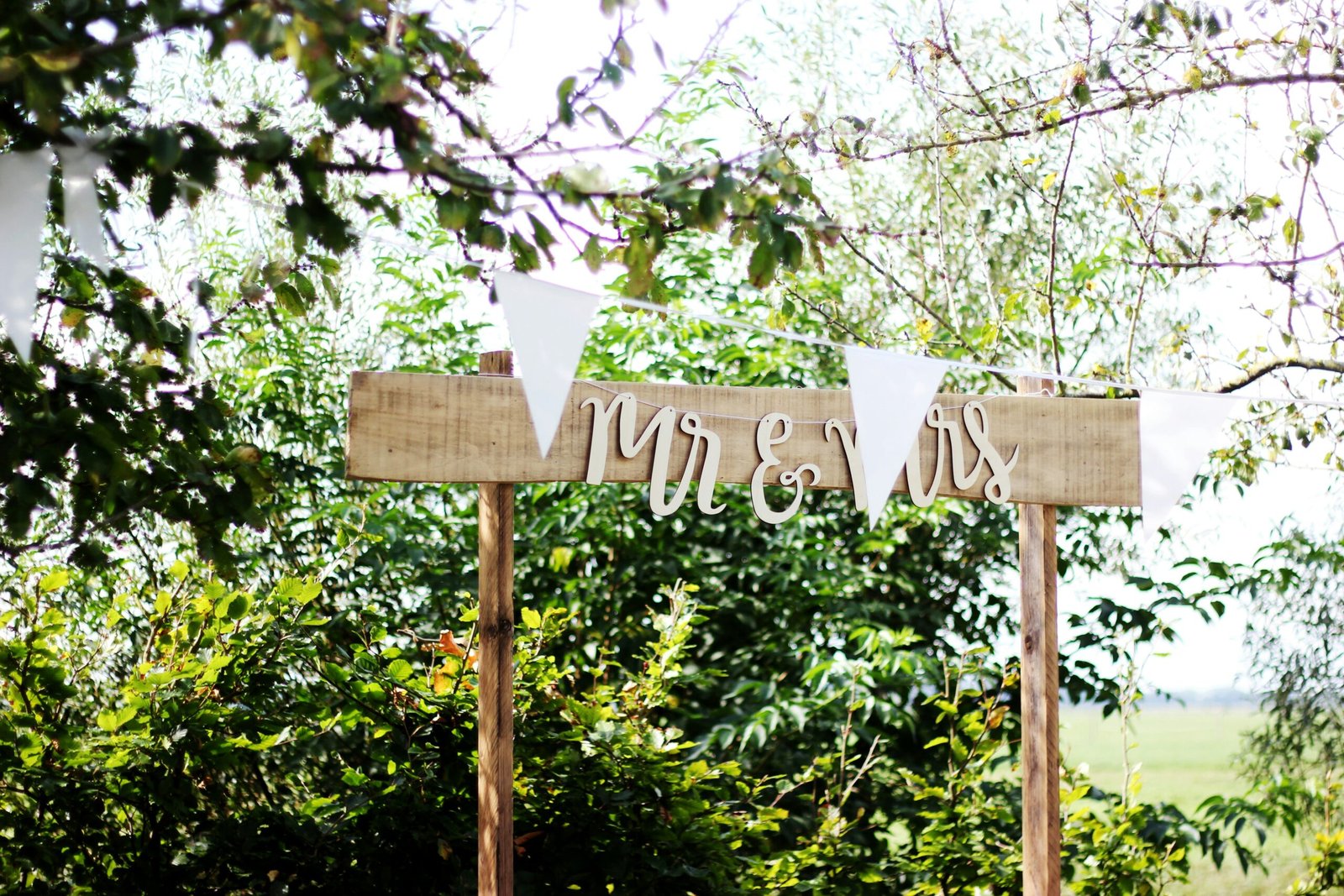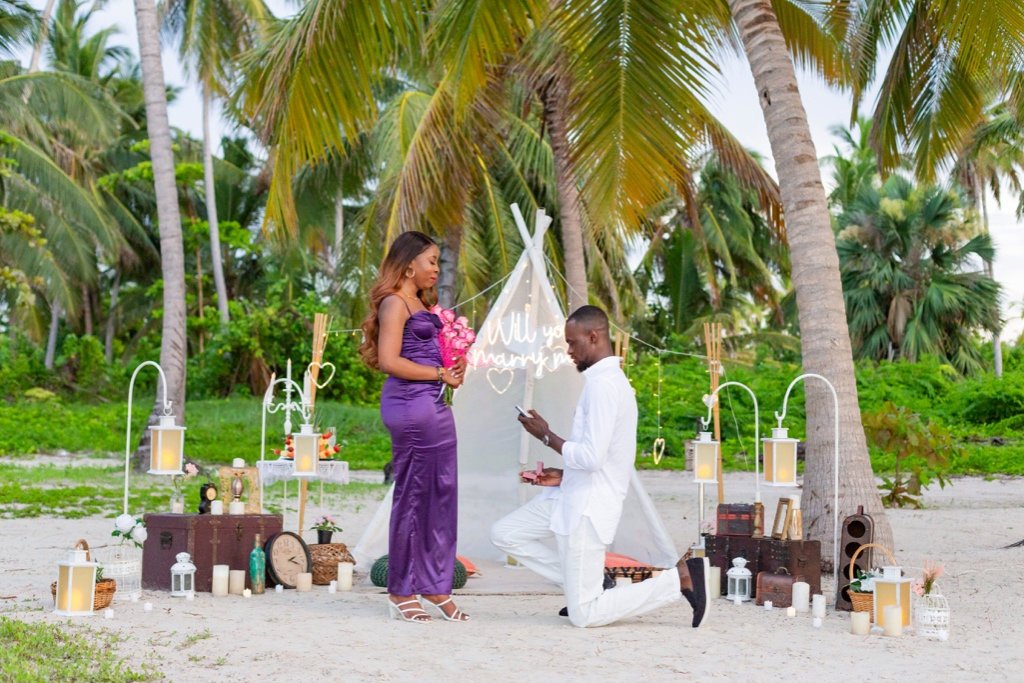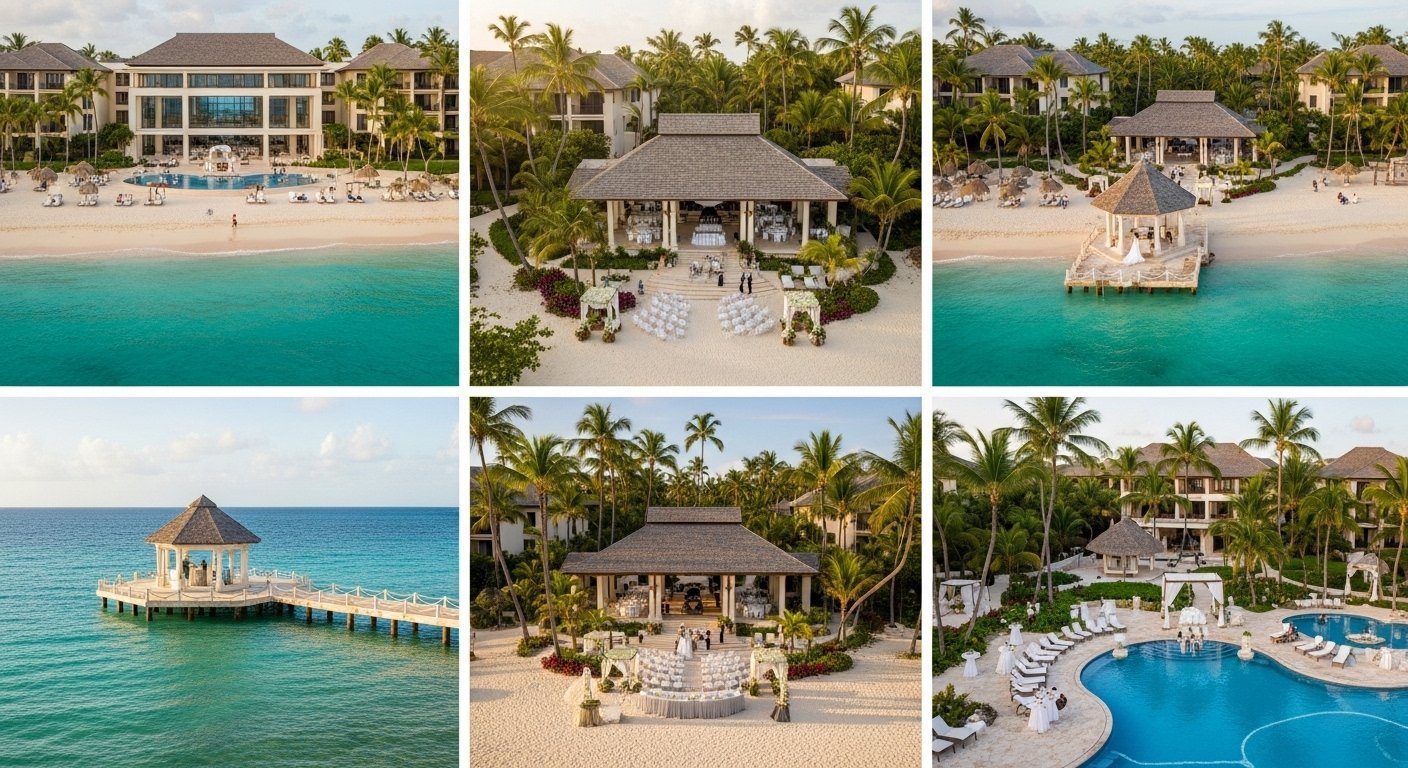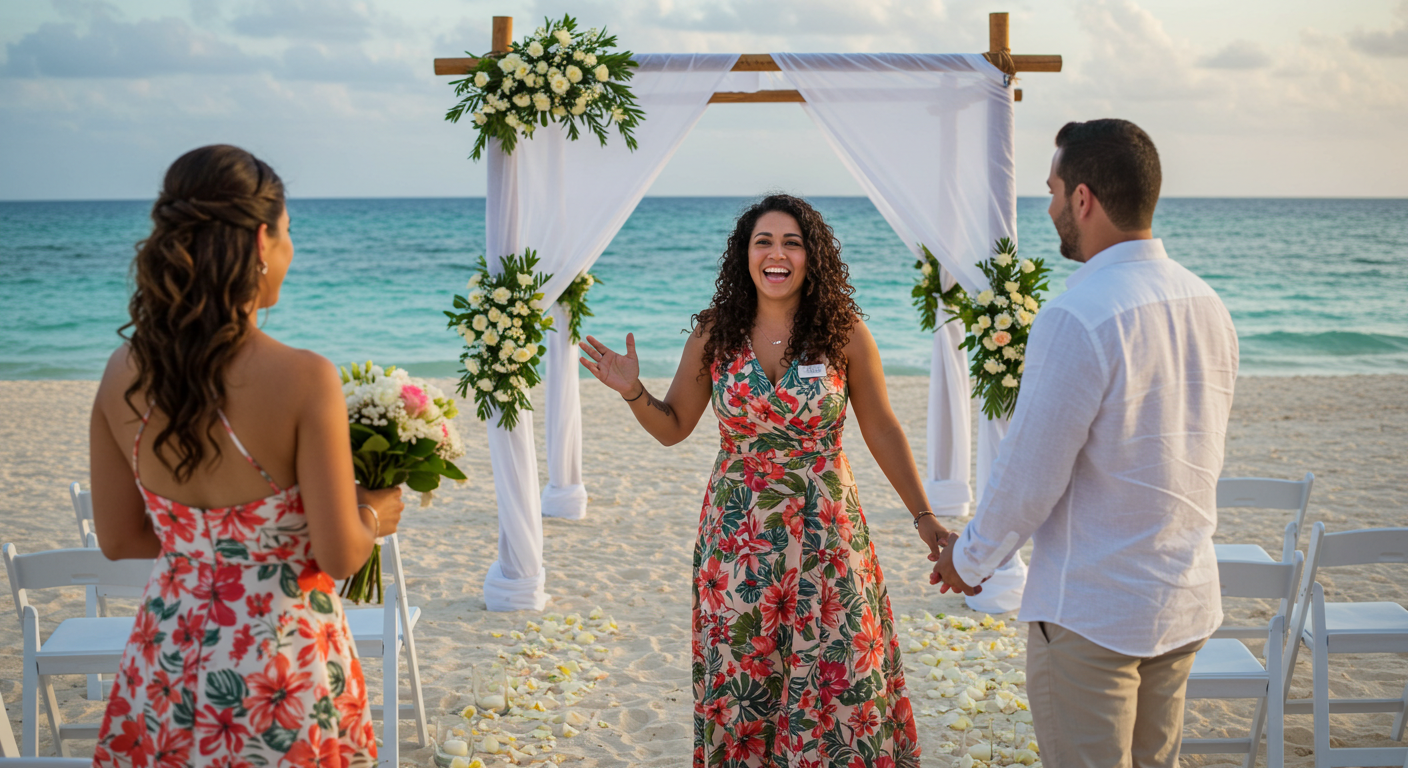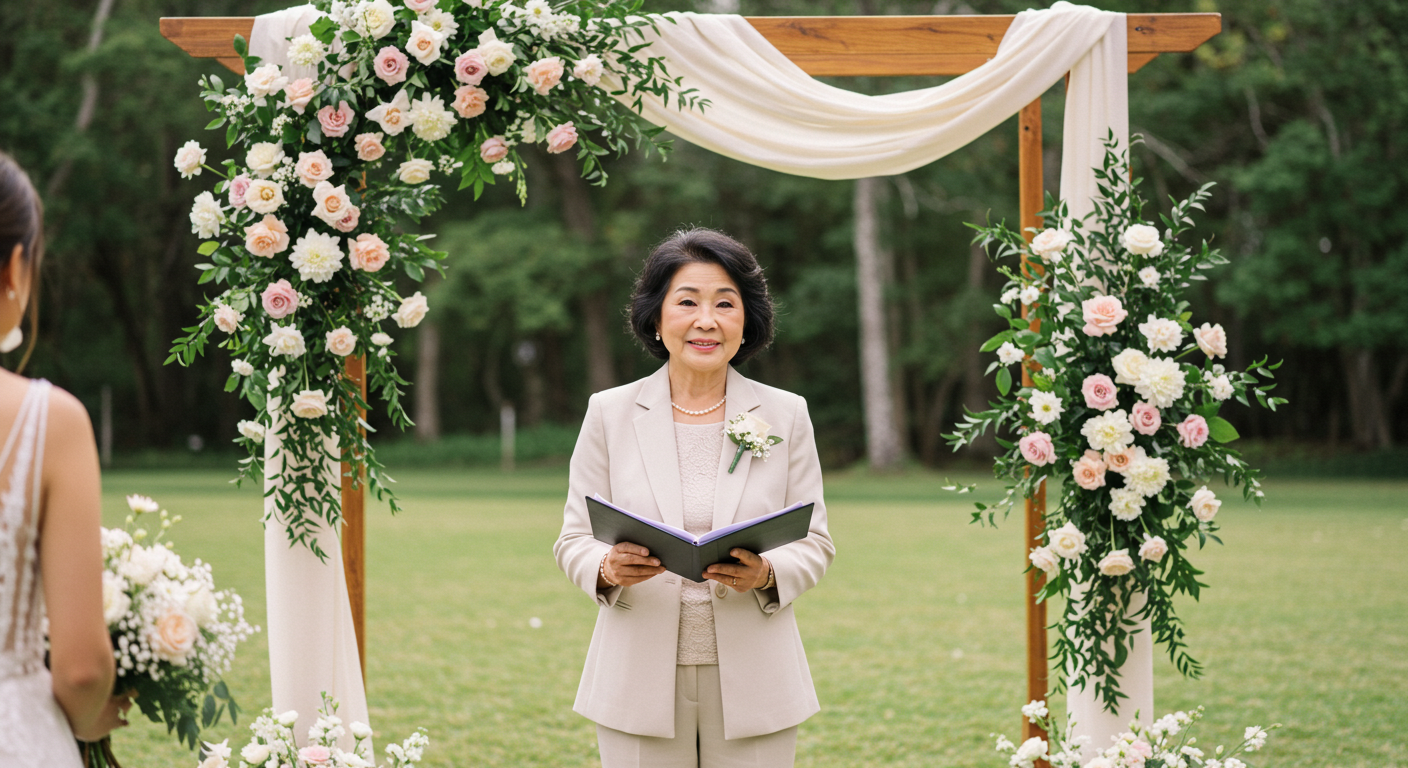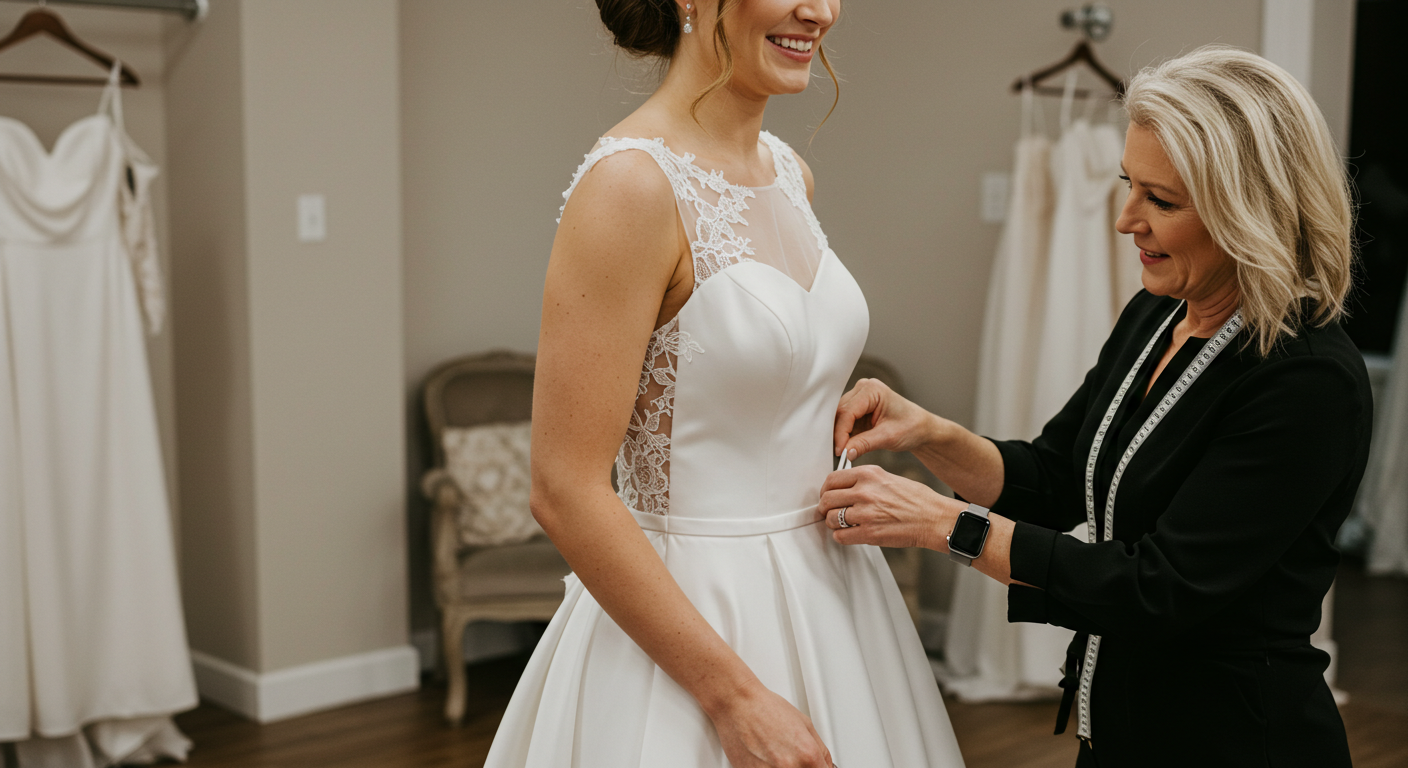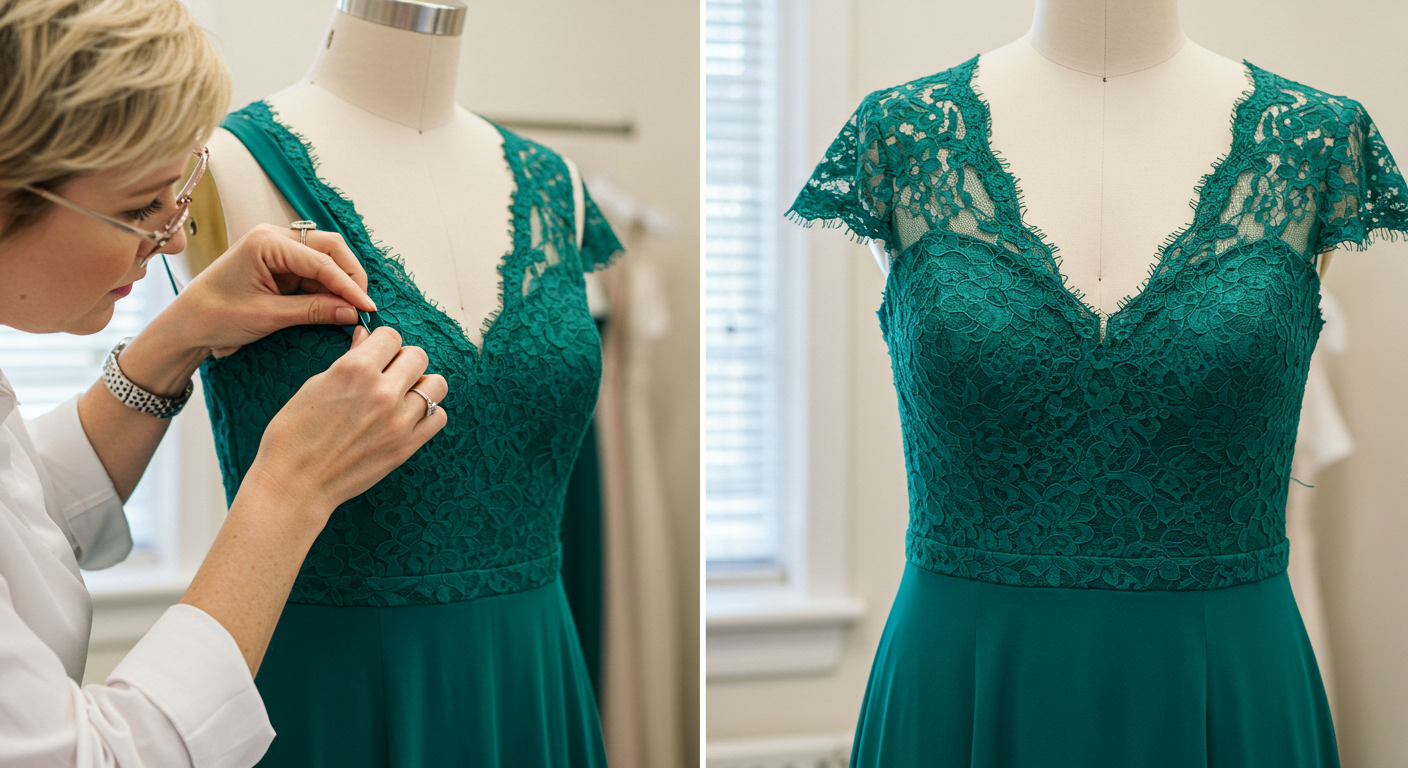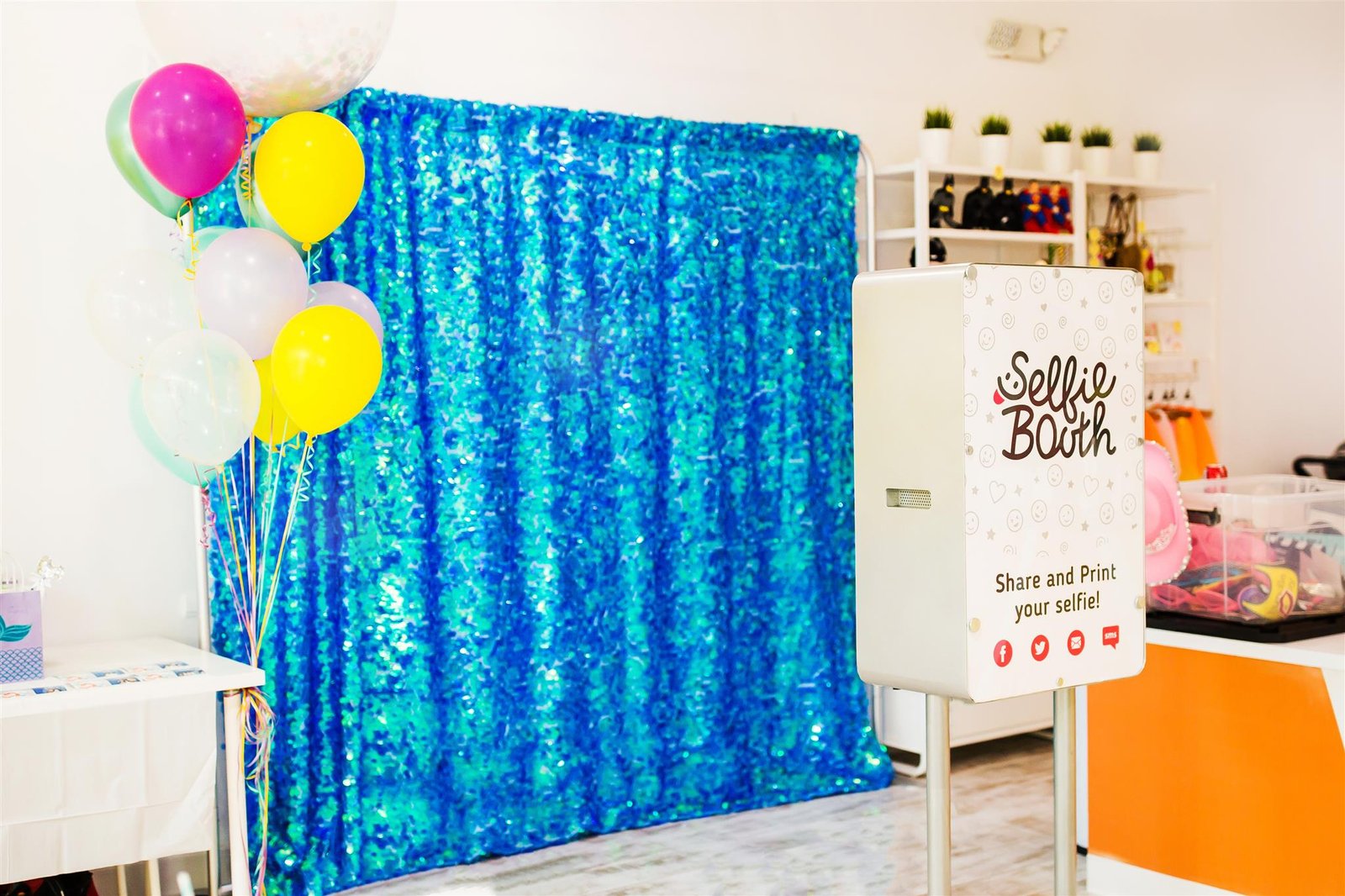Introduction to Sustainable Weddings
In recent years, the concept of sustainable weddings has gained considerable traction, reflecting a growing awareness of the environmental impact associated with traditional wedding practices. A sustainable wedding aims to minimize waste and reduce the carbon footprint, allowing couples to celebrate their love while being considerate stewards of the planet. As the wedding industry often generates significant waste, ranging from flowers and catering leftovers to disposables and decorations, couples are increasingly recognizing the need for more eco-friendly alternatives.
Choosing a sustainable, zero-waste wedding not only aligns with personal values but also contributes to a broader movement towards environmental responsibility. With traditional weddings often leading to excess waste and significant resource consumption, embracing sustainability can help couples make a positive impact on the environment. This includes carefully considering elements such as venue selection, catering options, and décor choices, all of which can be designed to minimize waste and promote sustainable practices.
Approaching wedding planning with a sustainability mindset means not just cutting down on physical waste but also supporting local economies, using ethically sourced materials, and reducing resource consumption. Ideas like sourcing flowers locally or renting décor rather than buying new items can significantly decrease a wedding’s ecological footprint. Furthermore, couples can engage their guests in this journey by encouraging sustainable practices such as carpooling or providing information on eco-friendly gift options. These simple yet effective strategies demonstrate that planning a sustainable wedding is not only feasible but can also be a fulfilling and memorable experience for all involved.
Setting Your Budget for a Zero-Waste Wedding
Planning a zero-waste wedding begins with setting a realistic budget that aligns with your sustainability goals. The first step is to determine your overall budget, taking into account your financial resources and the essential aspects of the wedding. A zero-waste philosophy encourages couples to prioritize spending in a way that minimizes environmental impact while also ensuring that every dollar is thoughtfully allocated.
One significant way to achieve cost savings is by opting for local vendors. Purchasing locally sourced flowers, catering, and even wedding attire can reduce transportation emissions and support the local economy. These choices not only contribute to a lower carbon footprint but may also lead to better pricing options when compared to large, commercial vendors. Engaging with local artisans for decor can likewise provide unique pieces that add character to your celebration, while avoiding mass-produced alternatives.
Furthermore, think critically about traditional wedding expenditures. For instance, instead of spending a large portion of your budget on elaborate floral arrangements that may end up as waste, consider sustainable alternatives such as potted plants or arrangements that can be reused or given away post-event. Similarly, rather than investing in single-use decorations, explore DIY options with repurposed materials or natural elements from your surroundings.
Additionally, digital invitations can replace traditional paper invites, not only reducing waste but also offering significant savings. Many couples are also finding that simplifying aspects of their wedding, such as the guest list or menu, can help to control costs while enhancing the intimate nature of the event. By focusing on the essentials and committing to a zero-waste approach, couples can create a meaningful celebration that meets their financial goals and environmental ideals.
Choosing an Eco-Friendly Venue
When planning a sustainable, zero-waste wedding, the selection of an eco-friendly venue is paramount. A venue that aligns with your environmental goals can significantly reduce the overall ecological footprint of your celebration. To make an informed choice, various factors should be taken into consideration.
Firstly, the location plays a crucial role. Opting for a venue close to where most of your guests reside reduces travel-related emissions, thereby minimizing carbon footprints. Look for spaces that are accessible by public transportation or located within walking distance of accommodations. Natural surroundings, such as parks or gardens, provide aesthetic appeal while inherently supporting sustainability.
Energy efficiency is another critical factor. Consider venues that utilize green energy solutions, such as solar panels, energy-efficient lighting, and smart climate control methods. Buildings designed with sustainable architecture in mind often have better insulation, less energy consumption, and a reduced need for heating or cooling, which ultimately contributes to lower emissions.
Moreover, inquire about recycling programs and waste management policies the venue implements. A responsible venue should have clear procedures for managing waste, including composting and recycling, to minimize landfill contributions. Engaging with venues that actively promote zero-waste practices demonstrates a commitment to sustainability and resonates with your eco-friendly values.
Lastly, explore outdoor and community-based venues. Locations such as botanical gardens, nature reserves, or local community centers not only foster a connection to the environment but also often have lower costs associated with decoration and rentals. By selecting a venue that embraces sustainable practices, you ensure that your wedding is not only memorable but also environmentally conscious, setting a positive precedent for your celebration.
Invitations and Guest Communication: Going Paperless
Planning a sustainable wedding entails rethinking traditional practices, particularly in the realm of invitations and guest communication. One of the most effective methods for reducing paper waste is to opt for digital invites. Utilizing platforms that allow couples to design and send online invitations not only minimizes the environmental impact but also offers convenience. Digital invitations can be customized to reflect the wedding’s theme and style, making it an aesthetically pleasing option as well. Additionally, they can be shared via email or social media, ensuring quick delivery without the delay associated with postal services.
For couples who prefer a physical aspect to their invitations, eco-friendly paper options are available. Recycled paper, seed paper, or paper made from sustainable sources provide alternatives that align with a zero-waste ethos. Seed paper invites, for instance, can be planted after the event, transforming them into a living memory while minimizing waste. Choosing soy-based inks and avoiding lamination also contribute to a more sustainable printing process. Furthermore, including digital RSVP options can facilitate quicker responses, streamlining the planning process and reducing the need for follow-up mailings.
Effective communication with guests extends beyond the invitations. Utilizing wedding websites is an excellent way to convey all pertinent information regarding the event, such as travel arrangements, accommodations, and registry details. These platforms allow for easy updates and enable guests to access information at their convenience while reducing the need for multiple printed materials. Social media can also play a role, serving as a channel for announcements and reminders. By embracing these methods, couples can significantly reduce their paper usage, ensuring that their wedding not only celebrates love but also honors the planet.
Sustainable Attire and Accessories
The choice of wedding attire and accessories plays a significant role in planning a sustainable, zero-waste wedding. Couples can opt for eco-friendly attire that reduces their environmental footprint while maintaining style and elegance. One promising option is renting wedding outfits. Several companies specialize in the rental of high-quality bridal gowns and suits. This not only minimizes waste but also saves money, as renting typically costs less than purchasing a new outfit. Additionally, renting allows couples to wear designer pieces without the commitment of a full purchase.
Another responsible choice is to consider second-hand attire. Vintage shops, consignment stores, and online marketplaces offer an array of unique options that are not only stylish but also sustainable. Purchasing second-hand garments significantly lowers the demand for new production, which is often resource-intensive and wasteful. Moreover, many of these pre-loved outfits carry a unique story that adds character to the wedding day.
When selecting wedding attire, it is crucial to prioritize materials that are eco-friendly. Fabrics such as organic cotton, hemp, and Tencel are excellent choices as they are derived from sustainable sources and have a lower environmental impact than traditional fabrics. Additionally, opting for attire made from recycled materials can contribute to a substantial reduction in waste. Couples should also consider accessories that align with their sustainable vision. Reusable veils, biodegradable flower bouquets, and ethically sourced jewelry enhance the eco-conscious approach. Furthermore, involving the bridal party in these choices promotes awareness and encourages a collective effort toward sustainability.
In conclusion, sustainable wedding attire and accessories provide multiple pathways for couples to celebrate their special day while being mindful of the environment. By renting, choosing second-hand options, and selecting low-impact materials, couples can both embrace style and foster a zero-waste approach that resonates beyond their wedding day.
Zero-Waste Catering and Menu Planning
Planning a sustainable wedding involves careful consideration of every element, particularly the catering. A zero-waste approach to catering can significantly reduce the environmental impact of a wedding while ensuring that guests enjoy delicious food. One of the first steps in creating a sustainable catering menu is to source local and organic ingredients. Utilizing in-season produce not only minimizes the carbon footprint associated with food transport but also supports local farmers and promotes healthier eating habits. When selecting a caterer, inquire about their practices regarding ingredient sourcing; many reputable caterers emphasize farm-to-table options that align with sustainability goals.
In addition to sourcing, reducing food waste is a crucial aspect of zero-waste catering. Careful menu planning can help achieve this, such as opting for smaller portion sizes or buffet-style serving to allow guests to choose their desired quantities. Moreover, focusing on plant-based dishes is another effective strategy. Plant-based menus not only reduce reliance on resource-intensive animal products but also offer a modern twist that can impress guests with their creativity. Including items like seasonal salads, whole grains, and innovative vegetable dishes can create a memorable dining experience without a large environmental footprint.
Handling leftover food responsibly is equally important in a zero-waste catering approach. First, consider communicating with your caterer about their policies on leftover food. Many caterers are willing to package food for guests to take home, reducing waste significantly. Alternatively, partnering with local food banks or shelters to donate surplus food ensures that it is utilized rather than discarded. Composting uneaten food waste is also a productive option to consider, transforming organic materials back into valuable resources for gardens and landscaping. A comprehensive strategy that incorporates responsible sourcing, smart menu choices, and effective leftover management can pave the way for a truly sustainable wedding celebration.
Eco-Friendly Decorations and Flowers
When planning a wedding with sustainability in mind, the choice of decorations and floral arrangements is crucial. Eco-friendly options not only enhance the wedding’s aesthetic but also align with your commitment to minimizing environmental impact. One of the most effective ways to achieve this is by using potted plants instead of cut flowers. Potted plants can serve as beautiful centerpieces and later be used in your home or gifted to guests as lasting mementos. By opting for plants that can thrive indoors or outdoors, you create a sustainable and stylish decor solution.
In addition to potted plants, consider incorporating dried flowers into your wedding decor. Dried flowers not only have a unique rustic charm but also offer a long-lasting alternative to fresh blooms. They can be used in bouquets, centerpieces, and even as aisle decorations. When selecting dried flowers, look for those that are locally sourced or grown organically to keep your wedding eco-friendly. Furthermore, arranging dried flowers can be a delightful DIY project, allowing you to personalize your wedding decor while reflecting your individuality.
Another excellent strategy for sustainable decorations is to utilize biodegradable materials for accents and decor. Items such as bamboo plates, recycled paper decorations, and compostable confetti can significantly reduce your wedding’s carbon footprint. For additional eco-consciousness, opt for rental services for items like tableware and linens, as this prolongs their lifecycle and avoids unnecessary waste.
Sourcing flowers from local florists or considering foraged items can also contribute to a sustainable wedding theme. Local florists often offer seasonal blooms, which require less transportation and are better for the environment. By foraging wildflowers or greens in your area, you also support biodiversity and add a personal touch to your arrangements. Embracing these eco-friendly decoration options can transform your wedding into a memorable event while honoring your environmental commitment.
Sustainable Wedding Favors and Gifts
Choosing sustainable wedding favors and gifts is an integral part of planning a zero-waste celebration. With a focus on thoughtful, practical, and meaningful options, couples can select items that guests will not only appreciate but will also encourage eco-friendly practices. One great choice is personalized favors, such as custom seed packets or biodegradable plantable cards. These gifts allow guests to take a piece of your special day home with them while contributing to greening the planet.
Edible favors present another appealing alternative. Consider locally sourced jams, honey, or artisanal chocolates packaged in recyclable or compostable materials. Not only do these treats delight the palate, but they also showcase a commitment to supporting local businesses and reducing carbon footprints associated with shipping and packaging. Furthermore, you may opt for homemade treats, which can add a personal touch that guests will cherish.
Donation options have gained popularity as meaningful wedding favors. Couples can contribute to a charity and inform guests with a card indicating that a donation has been made in their honor. This not only aligns with sustainable values but also allows guests to feel connected to a cause that resonates with the couple. Choosing charities focused on environmental issues or community support can further emphasize your commitment to sustainability.
Incorporating practical gifts, such as reusable tote bags, bamboo utensils, or sustainable candles, also serves a dual purpose of minimizing waste while providing guests with items they can use in their daily lives. By steering away from conventional trinkets that may ultimately end up in the trash, couples can ensure that their wedding favors embody a thoughtful approach to sustainability.
Capturing the Day: Sustainable Photography Options
When planning a sustainable, zero-waste wedding, selecting the right photography and videography options is crucial for preserving your memories without compromising the environment. One effective way to achieve this is by seeking out local photographers and videographers who prioritize sustainability. Many professionals are now incorporating eco-friendly practices into their workflows, such as using recyclable materials and energy-efficient equipment, which can greatly reduce the carbon footprint associated with capturing your special day.
To find eco-conscious photographers, you might want to explore online platforms dedicated to sustainable weddings or ask for recommendations from friends and family who share similar values. It is beneficial to discuss your sustainability goals directly with potential photographers, as this conversation can help gauge their commitment to environmentally-friendly practices.
In addition to hiring a sustainable photographer, consider opting for digital files instead of printed images. This decision significantly minimizes waste associated with traditional photo printing. Many photographers now offer online galleries where you can easily share and store your high-resolution images. Moreover, encouraging your guests to use their phone cameras to capture candid moments can further reduce the need for additional photography services while involving loved ones in the journey of documenting your wedding day.
Furthermore, think about how you would like to preserve your wedding memory. Instead of extravagant albums that often involve excessive resources, consider creating a digital photo book using online services, which significantly reduces waste. Some couples even opt for short highlight videos or lifestyle vlogs that capture the essence of their wedding day in a compact format, allowing them to cherish the memories without unnecessary consumption.
By making intentional choices in your photography and videography, you can beautifully document your wedding while remaining committed to sustainable practices, ensuring that your celebration is both memorable and mindful of the environment.

